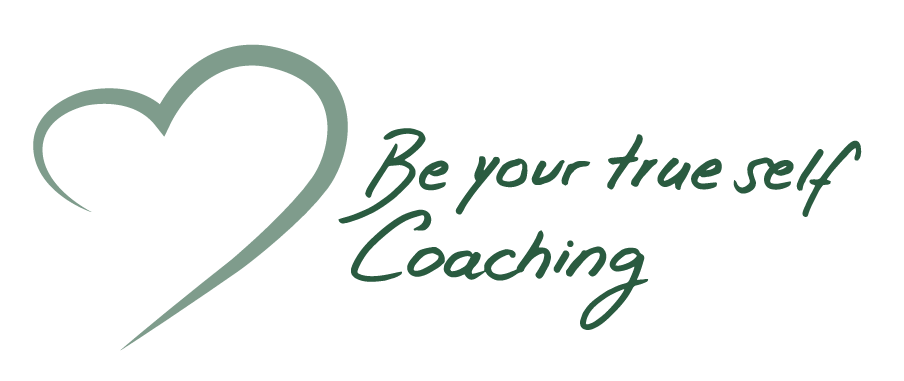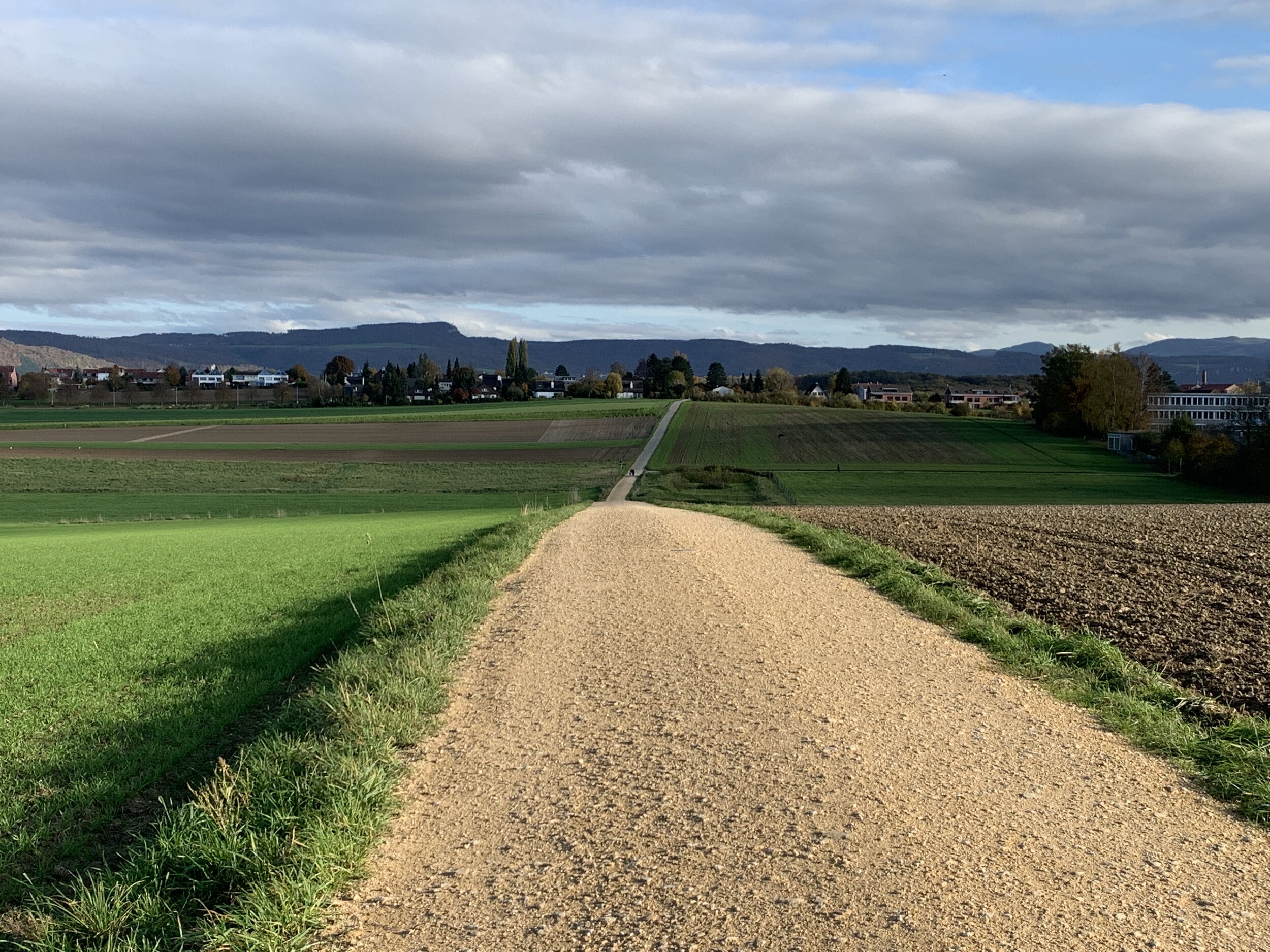Love on the spectrum
Maybe some of you have seen the Netflix series "Love in the Spectrum". It is an Australian reality show in which young people with autism are helped in their search for a partner. The show has been criticized by some as "it is an exhibition", while others have praised it highly for demonstrating that autistic people - just like non-autistic people - also have the need for love and good relationships. Even though the show was produced by non-autists for non-autists, it contains many good and valuable tips for autistic people. My son - himself autistic - watched "Love in the Spectrum" with me. I was allowed to witness moving aha-moments, shining eyes, hopeful sighs and a motivated jumping up from the sofa every now and then, accompanied by words like "Aha, I now know how I can do this!" and questions like "Mom, what can I say on the 2nd date? This series has given him hope. He knows that he is autistic and, just like other teenagers, he would like to have a girlfriend. But how does that work? What do you have to do? How do you start a conversation? How do you keep the conversation interesting and hold the space for the other person? And, what can you ask? These things are actually quite clear and logical for most non-autistic people and then - on the first date - the only thing that matters is whether it fits or not. But for autistic people it is not quite so simple.
Communication and speech are often very difficult for people with an autism spectrum disorder. Many autistic people are filled with a wealth of feelings, ideas and desires, and often also with an ingenious creativity, but cannot always convert all this into language as easily as non-autistic people are used to or expect from a conversation partner. If you talk too fast or too "flowery", it often happens that the linguistic understanding for autistic people is limited. Simple, short sentences, without ironic or ambiguous remarks, are usually better understood by autistic people. In addition, body language, facial expressions and gestures are a great challenge. After all, language is not only about what is said, but much more than that. A facial expression is also a form of communication. Interpreting and understanding these non-verbal signals is difficult and often confusing for autistic people.
This experience with my son has motivated me to make a difference. Even if this is only a blog of mine at the moment, in which I report about this experience. As a relationship coach it is a wonderful task for me to help people to find the magic in their relationship and to understand each other. The experience with my son has opened another door to a path and a great motivation for me. I would like to help my son to have a normal life with good relationships, but also other autistic people and parents who support a child or young adult with autism. Because we parents of autistic people have a great hope: Since we naturally cannot be here forever, our children should have the possibility and chance to build up great relationships with other people. They need our support!
Like-minded people, suggestions, ideas for projects or simply contacts are welcome!
Cordially
Caroline Tanja Banz

